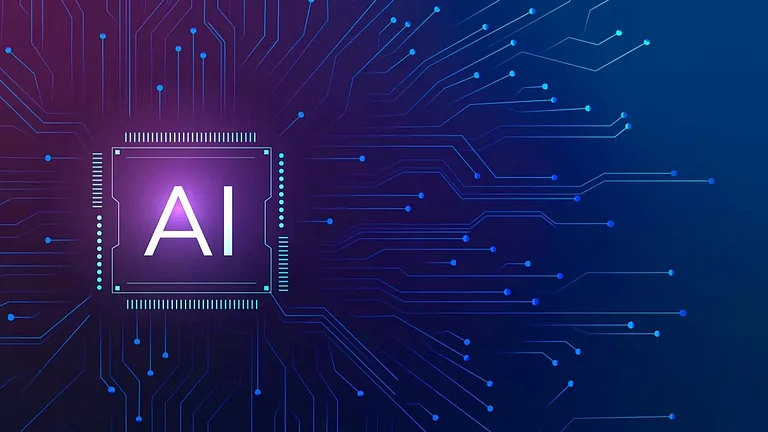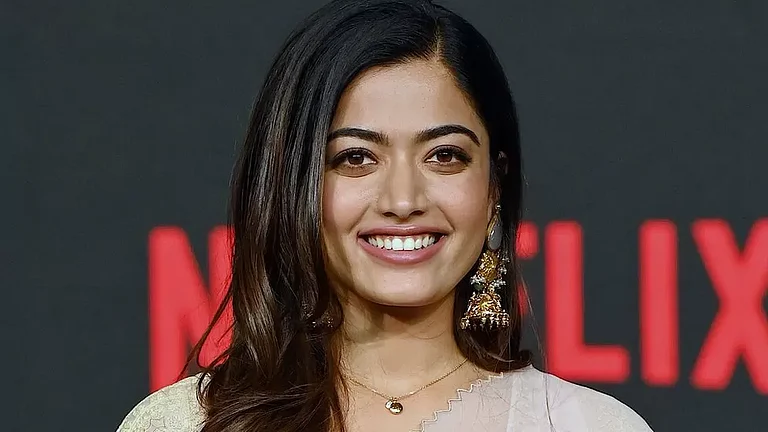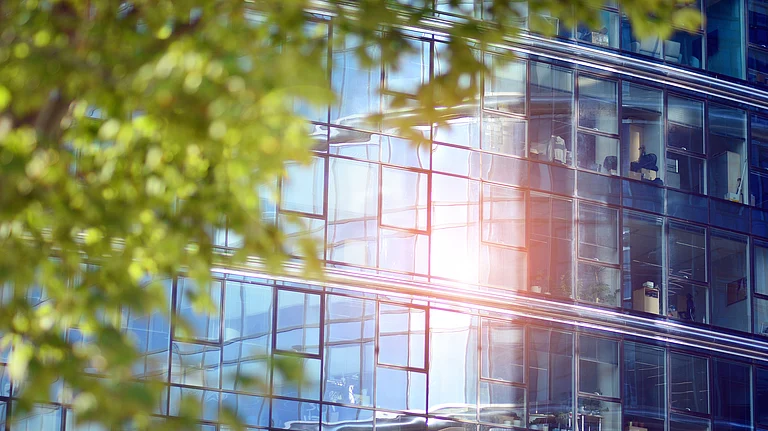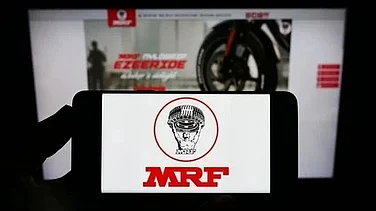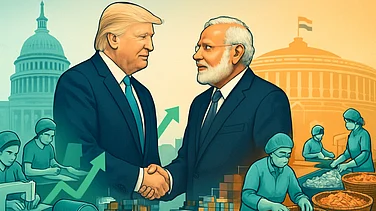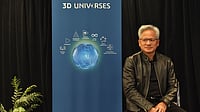
The Delhi High Court barred misuse of Abhishek Bachchan’s image, name, voice, or traits without consent
An ex parte injunction was granted after Bachchan proved a prima facie case of harm and confusion
The court warned that misuse could damage his reputation, goodwill, and finances
The Delhi High Court has stepped in to protect Bollywood star Abhishek Bachchan’s personality rights as it has issued an interim order that bars multiple entities from exploiting his image, name, voice, or other identifiable traits for commercial purposes without his consent.
The court passed an ex parte ad interim injunction after observing that Bachchan had established a prima facie case. It warned that the unauthorised exploitation or misappropriation of his personality attributes amounted to infringement, but also create confusion among the public, potentially leading them to believe he endorsed certain products or services.
"The unauthorised misuse of Abhishek Bachchan's name and personality attributes constitutes infringement and creates confusion in the public perception of endorsement," the bench observed, as quoted by Bar and Bench. It added that it can cause irreparable loss, damage, and injury to his economic interests, goodwill, reputation, and prestige if immediate protection was not granted.
Bachchan has raised concerns over the spread of altered videos, GIFs, and deepfakes created from his films, which also contained sexually explicit and defamatory content.
Abhishek Bachchan is not the only Bollywood celebrity to take legal action against such misuse. In recent years, actors like Anil Kapoor, Jackie Shroff, and singer Arijit Singh have also approached the courts against deepfakes, voice cloning, and unauthorised use of their catchphrases or likeness.
What Are Personality Rights?
Personality rights are not defined under any specific statue. Though, Aarushi Jain, partner (head – media, education and gaming), Cyril Amarchand Mangaldas explains that these rights protect the persona and its exploitation without due permissions from the concerned individual.
Basically, these rights protect an individual’s right to control and profit from their name, image, likeness and voice. According to Nayantara Sanyal, partner at ALMT Legal, they are based on Article 21 of the Constitution (right to privacy) and intellectual property concepts.
“We live in a world where creating pictures, videos, even deepfakes, and other content is very easy, courtesy technology. Celebrities, with their public facing profession, need to protect unauthorised use of their attributes. Exploitation of personality rights forms an integral part of how they earn their livelihood,” said Jain.
Hence, Sanyal believes that the legal approach provides both commercial protection to celebrities and dignity preservation. This comes at a time when digital abuse has become one of the biggest threats to the rights associated with their public image.
How Courts Are Responding to Such Threats?
Indian courts have recognised that the unauthorised usage of the celebrity’s persona, especially using AI tools to create merchandise, advertisements or deepfake videos, could tarnish their reputation, dilute their brand, jeopardise their livelihood, and cause them losses.
They have interpreted these rights through existing statutory frameworks such as copyright law (protection of performances and moral rights), trademark law (name and likeness functioning as identifiers), and the IT Act (impersonation, obscene content, and privacy violations), said Kushagra Sharma, founding partner at KP Associates.
To explain it further, Sharam cited some recent examples related to the personality rights issue. These cases include Anil Kapoor vs Simply Life India (2023), Arijit Singh vs Codible Ventures (2024), Jackie Shroff (2024), and Sadhguru (2025).
In Anil Kapoor case, the Delhi High Court restrained deepfake ads using his photo and well known catch phrase “Jhakaas”. Similarly, in Jackie Shroff case, misuse of his iconic catchphrase “Bhidu” was also restrained by the courts.
“These court decisions make clear that AI-driven impersonation, deepfakes, and voice cloning are actionable. The courts have gone further to grant dynamic injunctions, ensuring that future, as-yet-unseen content can also be restrained. This reflects a practical recognition that technology-driven infringements evolve rapidly,” said Sharma.
And Sanyal says the recent injunctions against AI-based voice cloning of Arijit Singh further confirm that the courts across India are recognising the need to protect personality rights in the AI realm as well as to effectively safeguard the public image and publicity rights of celebrities.
What Digital Platforms & Celebrities Can Do?
As per the 2021 Intermediary Guidelines, online platforms like Google and YouTube have greater responsibility to do thorough diligence of content uploaded on their portals. Shwetank Tripathi, Partner Designate at ANM Global says that they are mandated to publish the rules & regulations, privacy policy, and user agreement on their platforms.
In addition, Tripathi adds that they are also required to make efforts to prevent uploading of infringing content on their platforms. “They need to promptly take down infringing content and disclose information of the uploader, upon service of a court order or a direction from the appropriate government authority”.
For instance, YouTube uses Content ID to detect unauthorised uploads of copyright material through digital fingerprinting, Google de-ranks piracy sites, and Etsy removes counterfeit listings.
Global rules aside, in India, cases like Aishwarya Rai Bachchan’s suit have pushed courts to direct intermediaries to block offending websites, remove infringing URLs, and safeguard the celebrity’s publicity and public image rights as an integral part of their personality rights.
This shows that celebrities can approach the court of relevant jurisdiction seeking an immediate interim injunction for any unauthorised use of their image, likeness, catchphrase, etc. And in such cases, courts often grant ex parte injunctions to stop the misuse of the celebrities' persona, especially in the case of deepfakes and online impersonation.
Parallel remedies include sending takedown notices to intermediaries under the IT framework, initiating criminal complaints under the IT Act and IPC (for offences such as impersonation and defamation), and pursuing damages claims for economic loss and injury to reputation.











